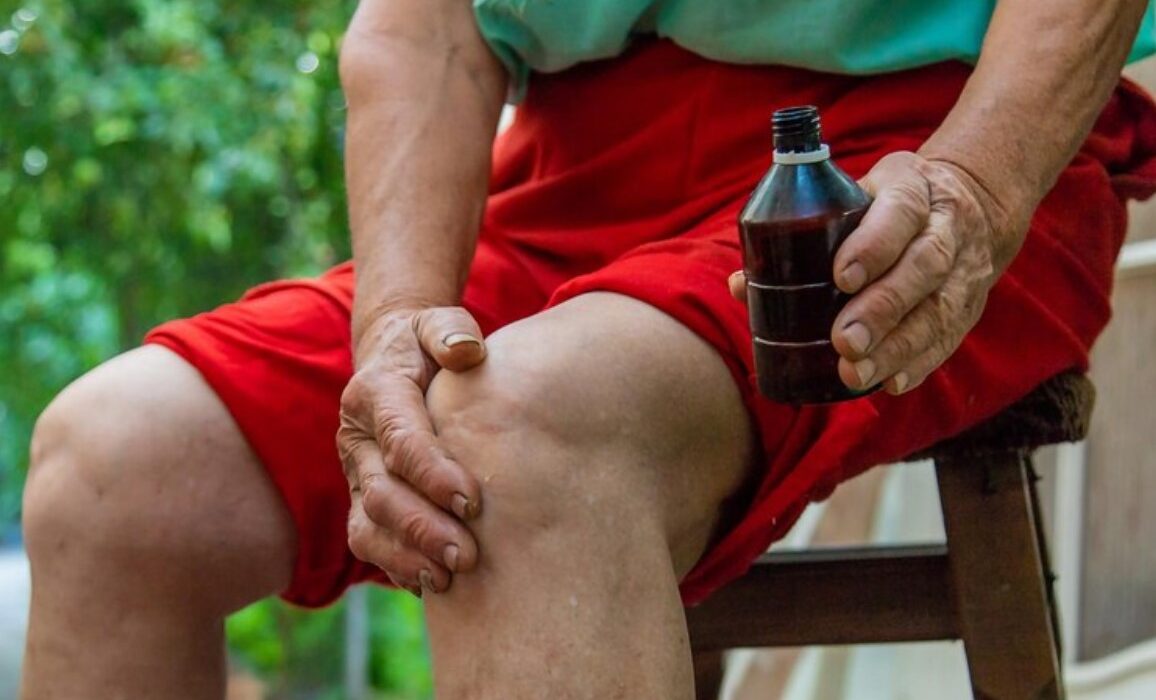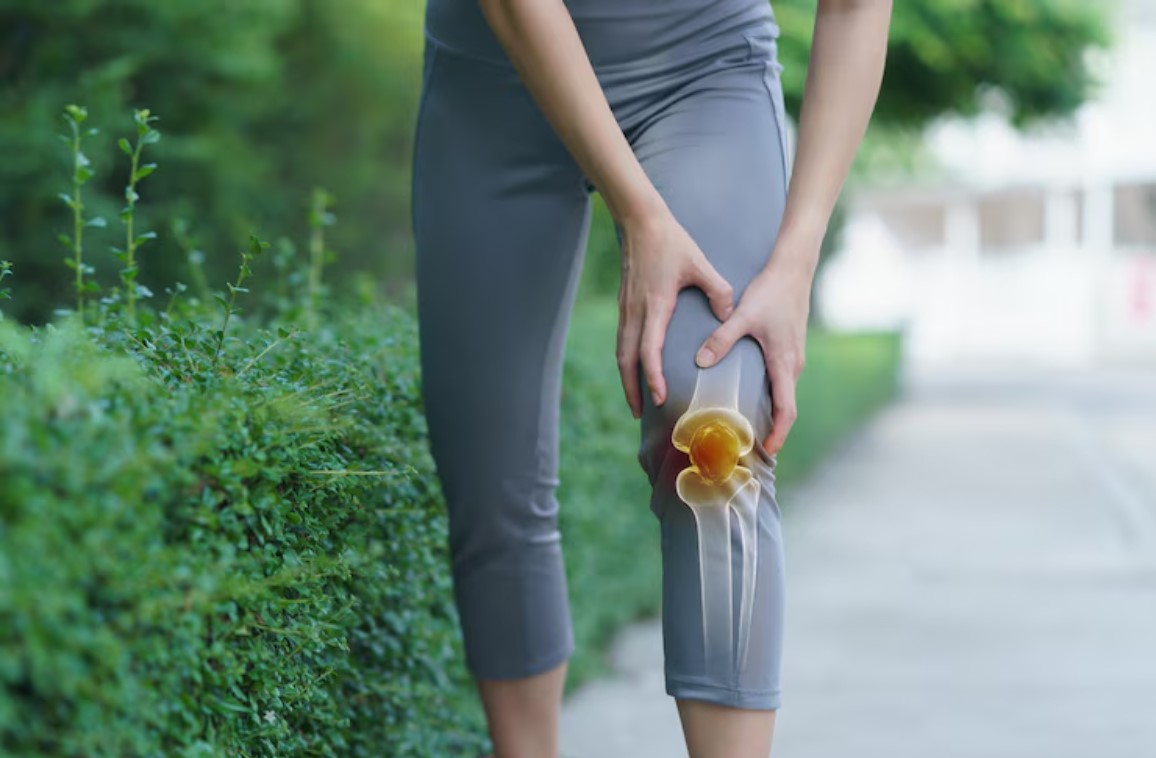Ayurvedic Treatment for Joint Pain: What You Need to Know
Managing joint and muscle pain with Ayurvedic treatment for joint pains. It requires several Ayurvedic products, like Murivenna oil, Yogaraj Guggulu, and Balaswagandhadi thailam, that can help manage joint pain and also muscle pain.
A variety of Ayurvedic herbs are indeed known for their health benefits in managing and improving joint pain and other pain conditions.
Ayurvedic treatment for joint pain involves the following:
- Avoiding the causes of one’s joint pain.
- Oil massage and also sweat therapy to improve blood circulation and reduce inflammation.
- Purgation and also enema to cleanse the body of toxins.
- Coating the affected body parts with medications or even oils.
- Thermal cauterization will no doubt stimulate the nerves as well as the muscles.
Many ailments that become rather grave at an older age often tend to start at an early stage of our lives. Ayurveda believes that it is the accumulation of toxins inside our body that leads to problems like knee pain. We tend to ignore the signs when they show up and later adjust to living with such ailments.
Knee pain is believed to be treatable by Ayurvedic medicine. The sole belief of the practice is the improvement of the state of our mind, body, and spirit. Joint pain was also something that was an ailment for the older ones; today, it has been troubling for the younger generation too.
It is primarily the imbalance of the Vata Dosha that causes different types of joint disorders, knee pain being one of them.
Home remedies and herbs to help with knee pain
- Ajwain with mustard oil
- Ginger oil
- Rumata Oil
- Triphala
- Cayenne Pepper
- Nirgundi
- Dashmool
- Shallakki
- Eucalyptus Oil
- Guggul
- Ashwagandha
- Turmeric
Key causes behind knee pain
Any sort of swelling in one’s knee joint or general knee pain has been described as ‘Sandhivata’ by Ayurveda. The cause and also the knee pain remedy in Ayurveda can rather be identified by understanding the type. Two types have been identified by Ayurvedic medicine.
1. Poor nourishment
With age, wear and tear can occur in the knee joints, which can, of course, lead to degeneration. Poor nourishment around the joints can also be an added cause. The patient’s bones will have low density and discomfort around the joint area. Eventually, as the bone doesn’t get proper nourishment, it starts degenerating, which can lead to permanent immobilization.
Aggravation of the Vyana Vata can also be the underlying cause of this type of knee pain.
2. Increased toxicity
According to Ayurveda, the accumulation of toxins in one’s body is the prime reason for knee pain. Ama, which happens to be the toxic part of food that is not digested well, does start filling up in the joint. This does result in stiffness and swelling if Ama stays there for a longer time.
3. Accidental Injury
Injuries can indeed damage the tissue or even the structure of one’s bones, which can result in severe knee pain. This will, of course, require the determination of the exact location of the problem so it can be treated with ayurvedic medicine for knee pain.
Development in Knee Pain Ayurvedic Treatment
Ayurveda does believe that the cause of any health problem lies within our mind, body, or soul. Only by treating them together and holistically can one achieve true relief from such an ailment. Ayurvedic treatment clears currents and also eliminates chances of any future occurrences.
The treatment includes exercises, a proper diet, yoga, the right herbs, and many more suggested by the practitioner. He or she will also help a person identify the dosha causing the knee pain and get to the root cause via the correct treatment plan.
A few ayurvedic treatments for osteoarthritis knee:
- Massage
- Pain relief potli
- Januvasti
Conclusion
The patient can thus go in for Ayurvedic treatment for joint pains.




